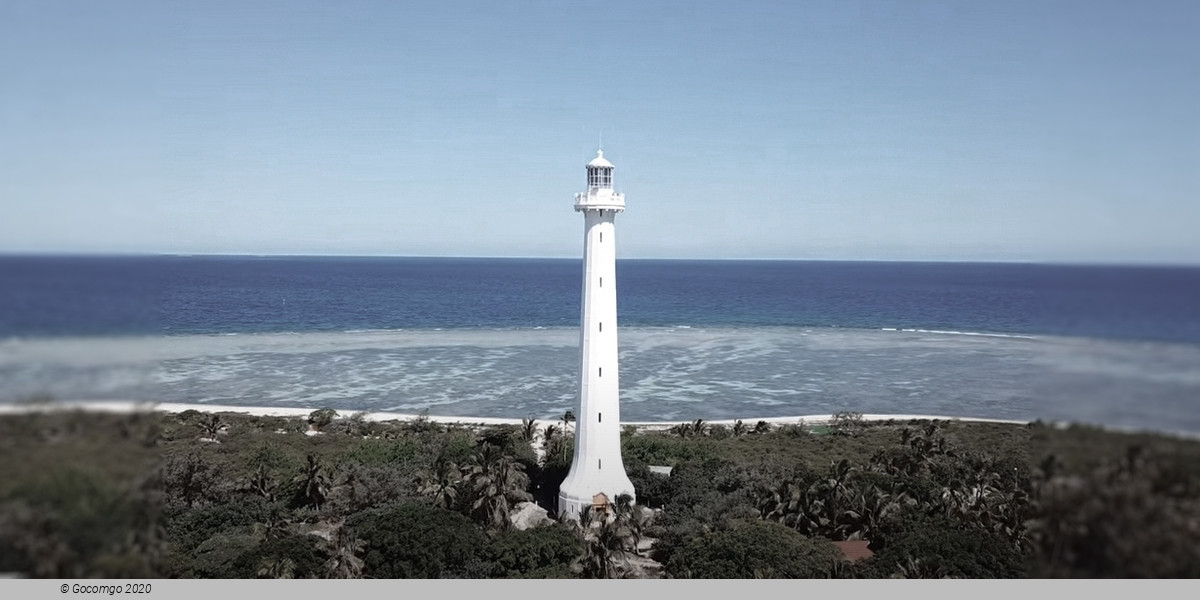Nouméa

Nouméa is the capital and largest city of the French special collectivity of New Caledonia and is also the largest French-speaking city of Oceania. It is situated on a peninsula in the south of New Caledonia's main island, Grande Terre, and is home to the majority of the island's European, Polynesian (Wallisians, Futunians, Tahitians), Indonesian, and Vietnamese populations, as well as many Melanesians, Ni-Vanuatu and Kanaks who work in one of the South Pacific's most industrialized cities. The city lies on a protected deepwater harbor that serves as the chief port for New Caledonia.
History
The first European to establish a settlement in the vicinity was British trader James Paddon in 1851. Eager to assert control of the island, the French established a settlement nearby three years later in 1854, moving from Balade in the north of the island. This settlement was initially called Port-de-France and was renamed Nouméa in 1866. The area served first as a penal colony, later as a center for the exportation of the nickel and gold that was mined nearby.
From 1904 to 1940, Nouméa was linked to Dumbéa and Païta by the Nouméa-Païta railway, the only railway line that ever existed in New Caledonia.
During World War II, Nouméa served as the headquarters of the United States military in the South Pacific. The five-sided U.S. military headquarters complex was adopted after the war as the base for a new regional intergovernmental development organization: the South Pacific Commission, later known as the Secretariat of the Pacific Community, and later still as the Pacific Community.
The city maintains much of New Caledonia's unique mix of French and old Melanesian culture. Even today the United States wartime military influence lingers, both with the warmth that many New Caledonian people feel towards the United States after experiencing the relative friendliness of American soldiers and also with the names of several of the quarters in Nouméa. Districts such as "Receiving" and "Robinson", or even "Motor Pool", strike the anglophone ear strangely, until the historical context becomes clear.

